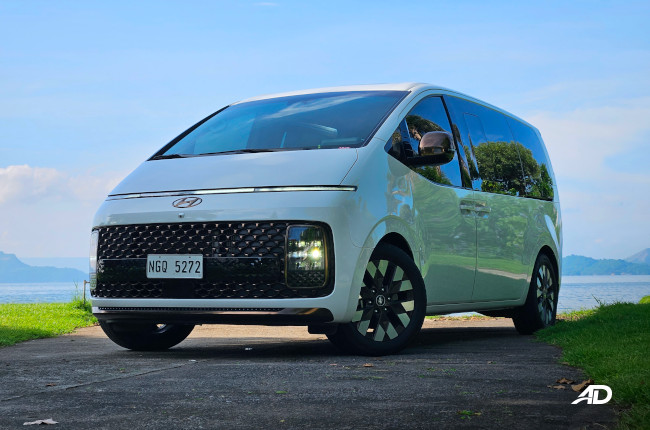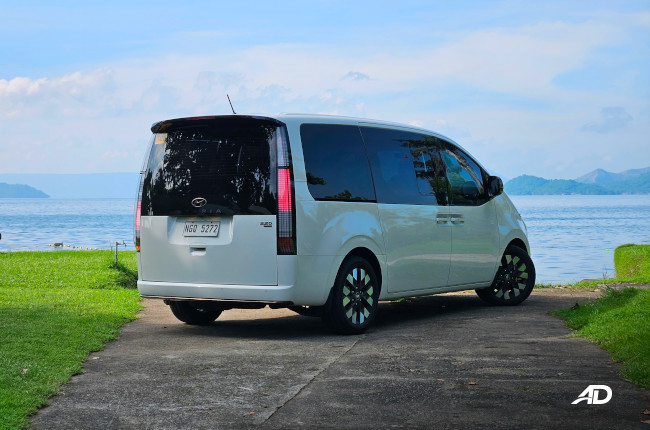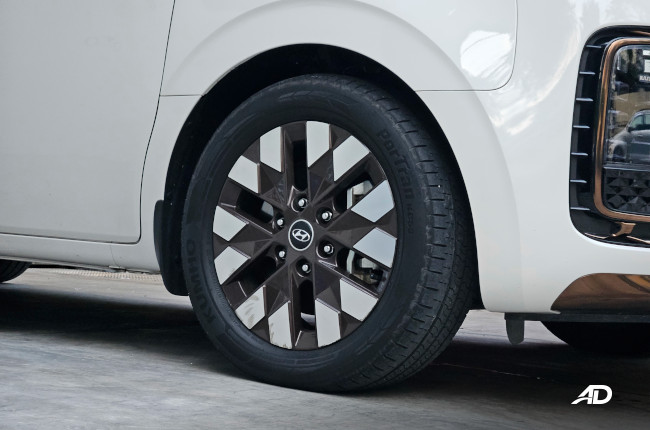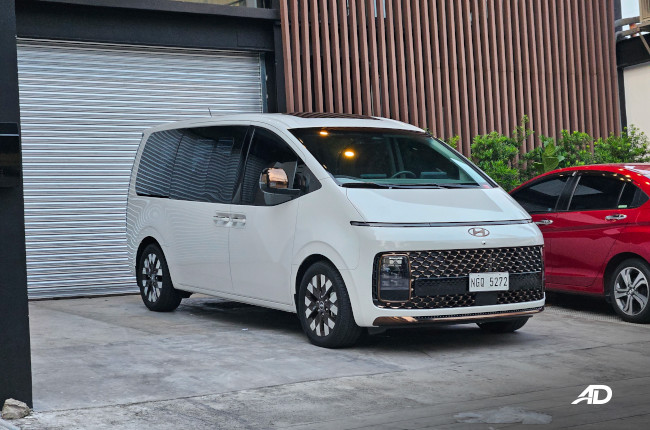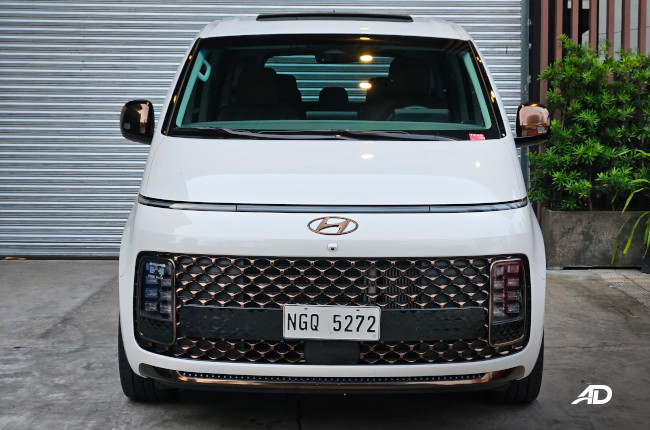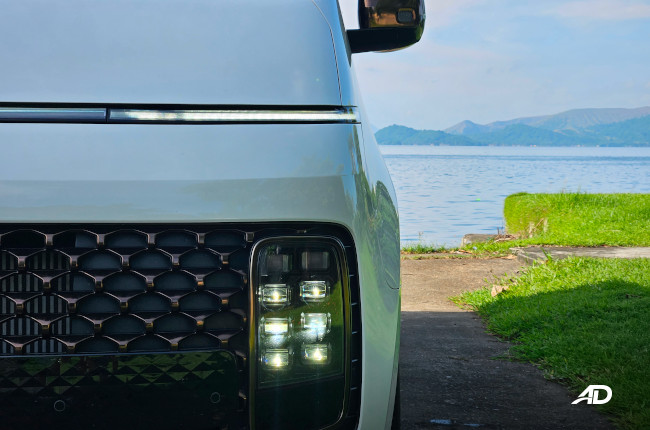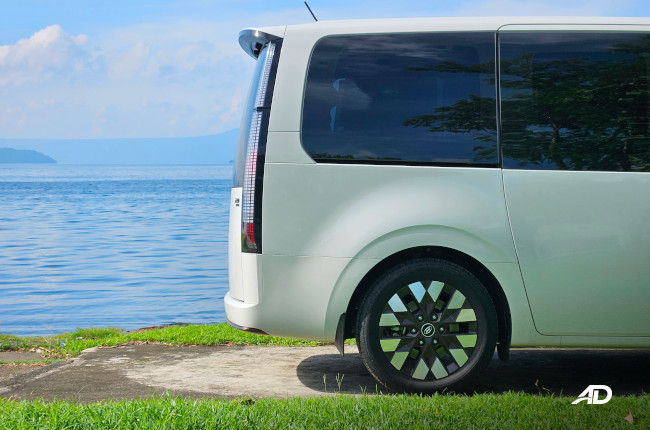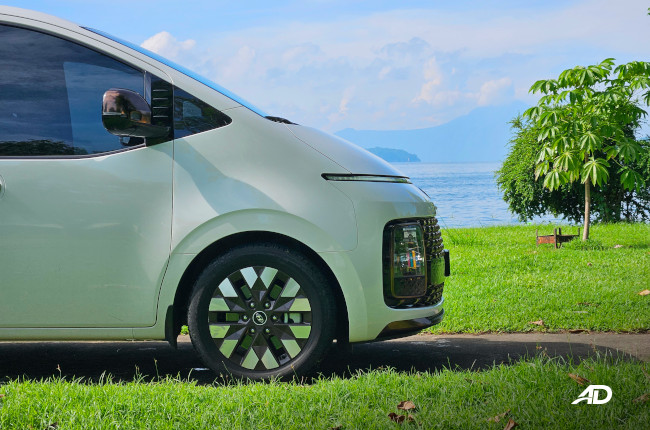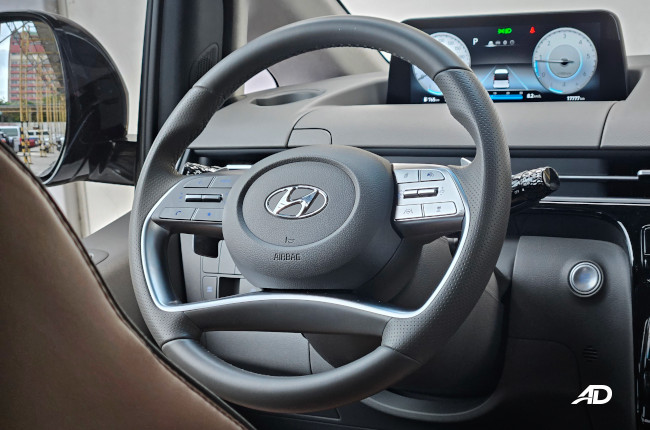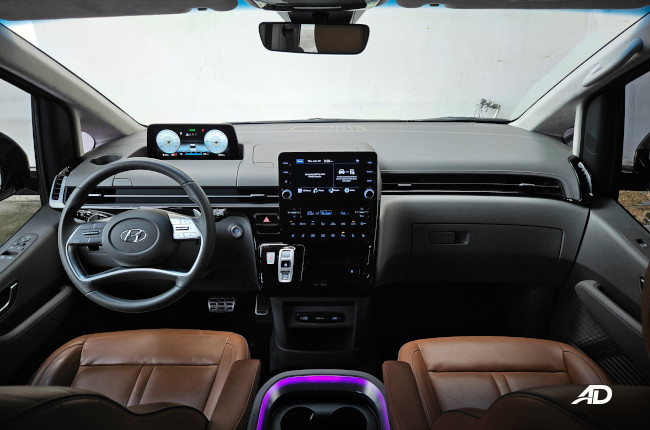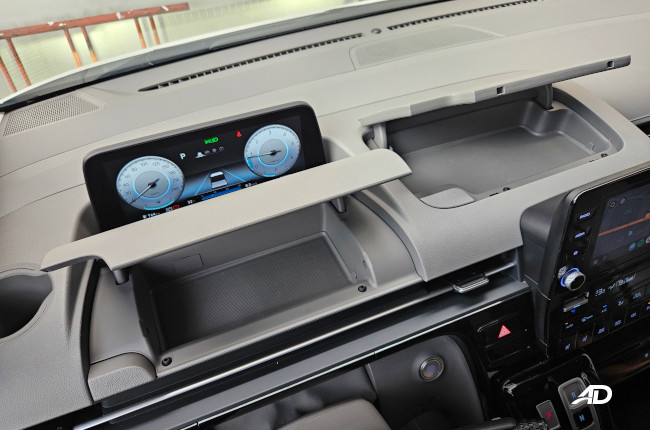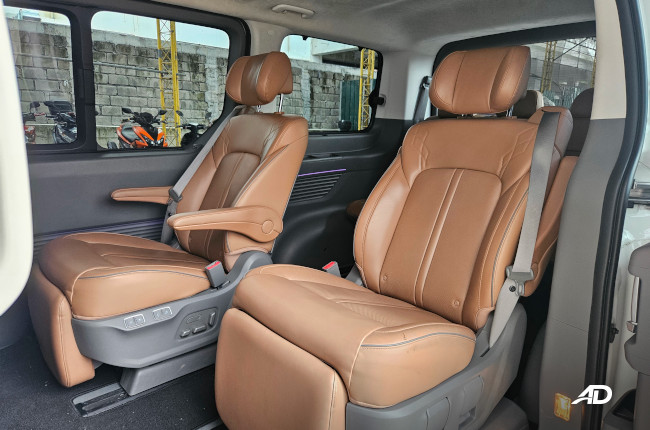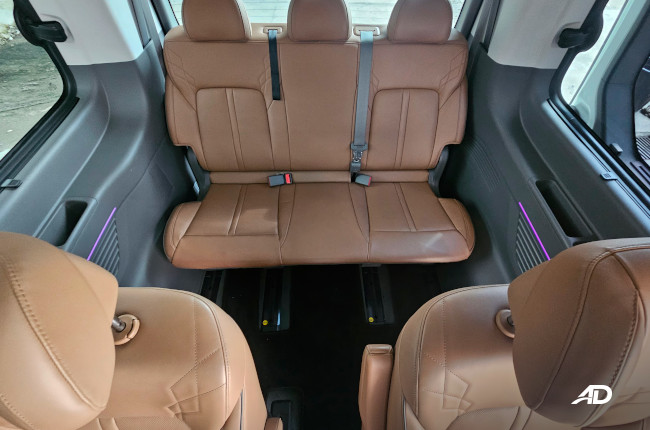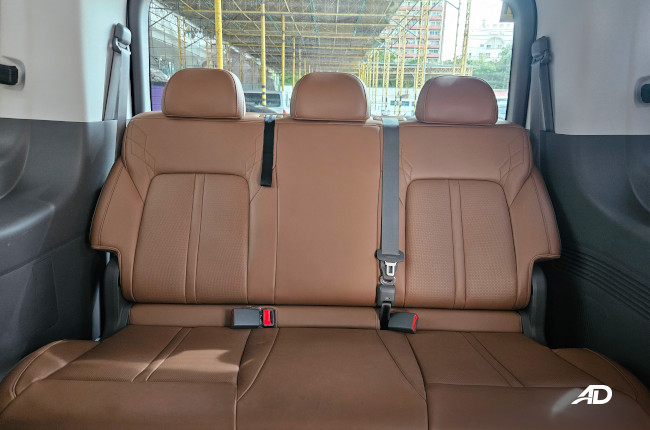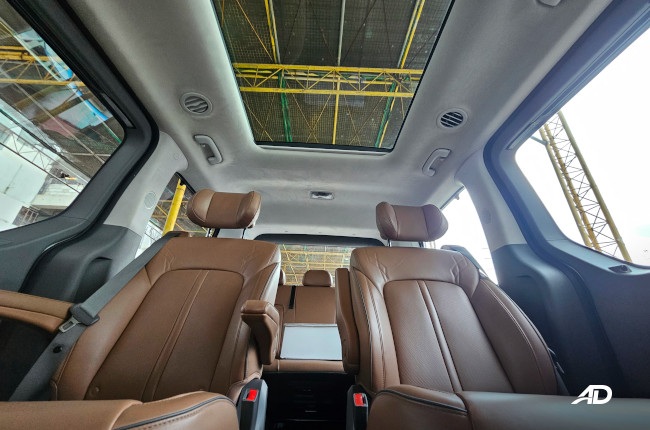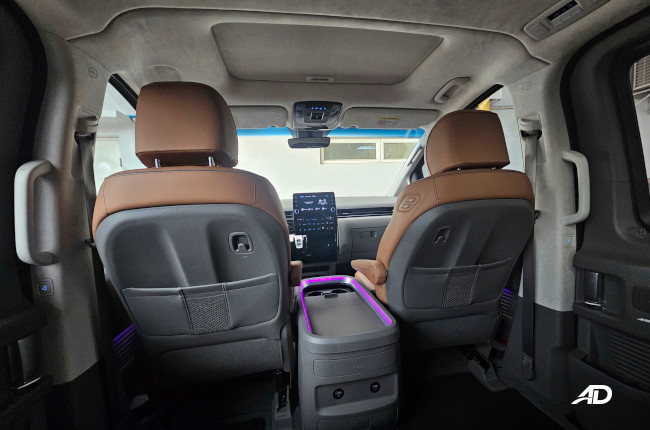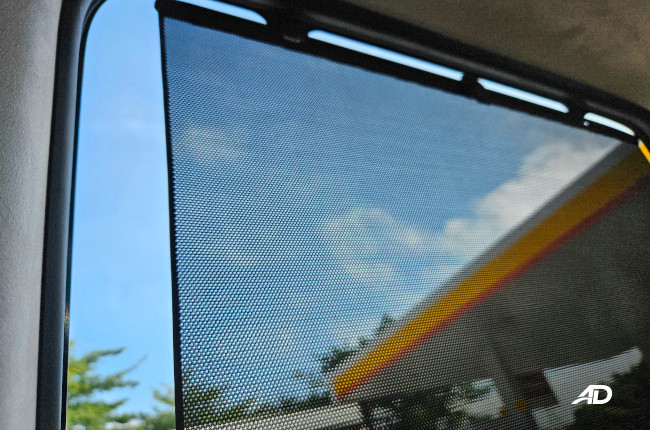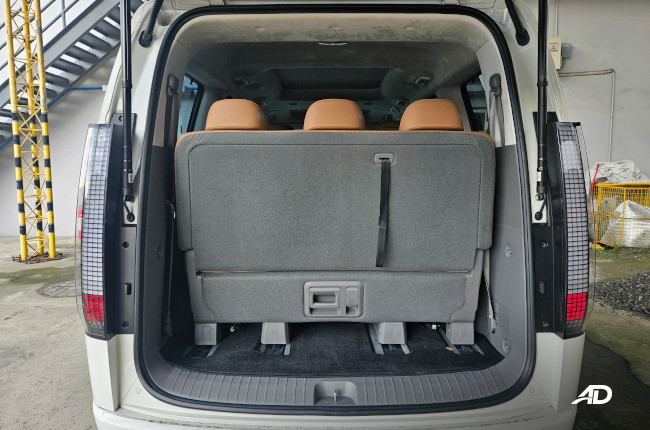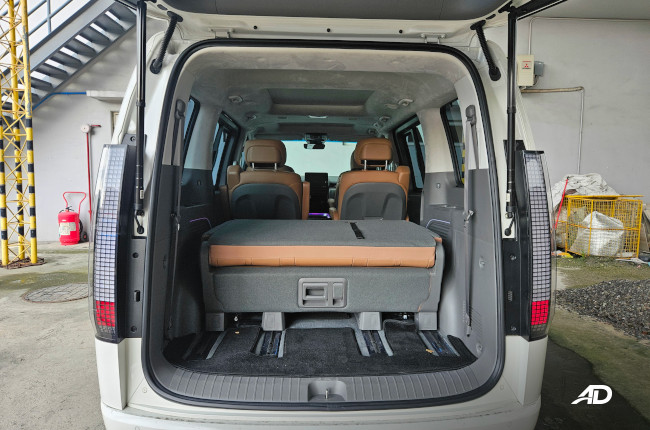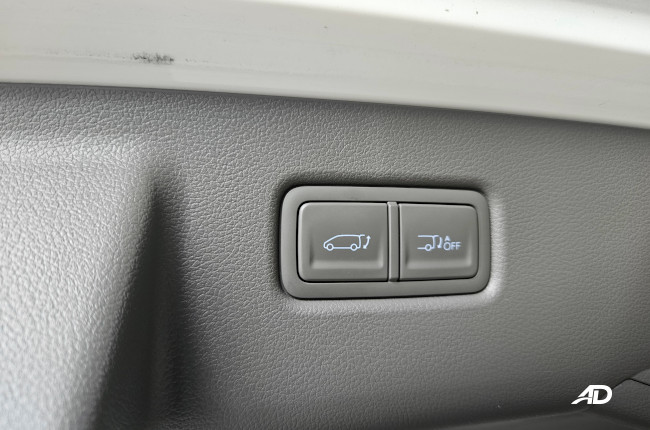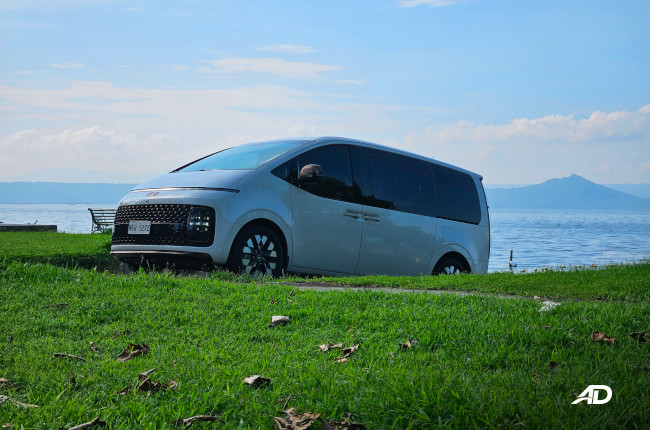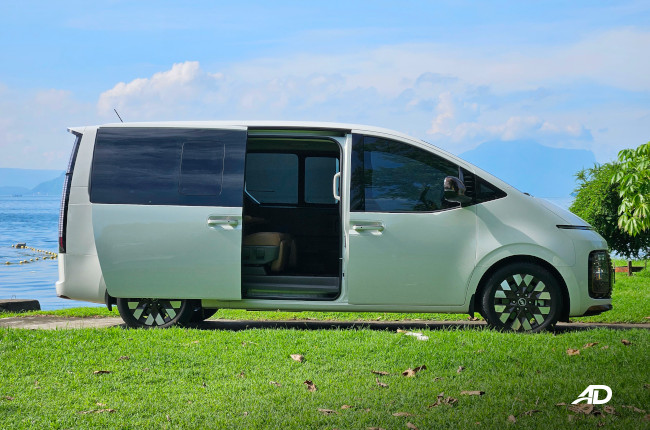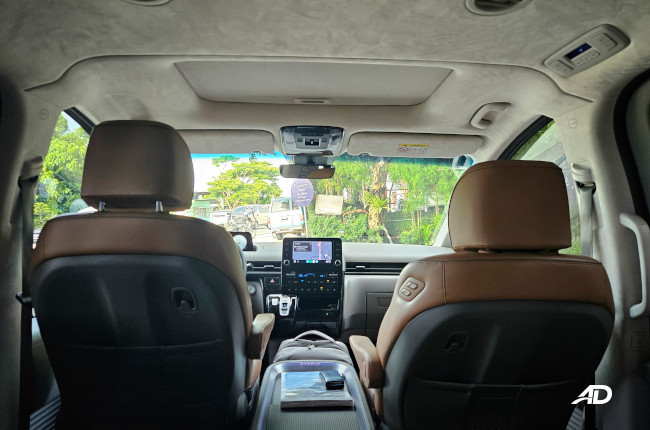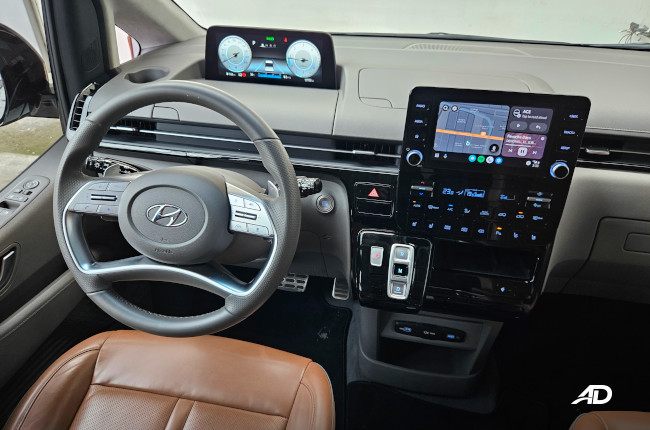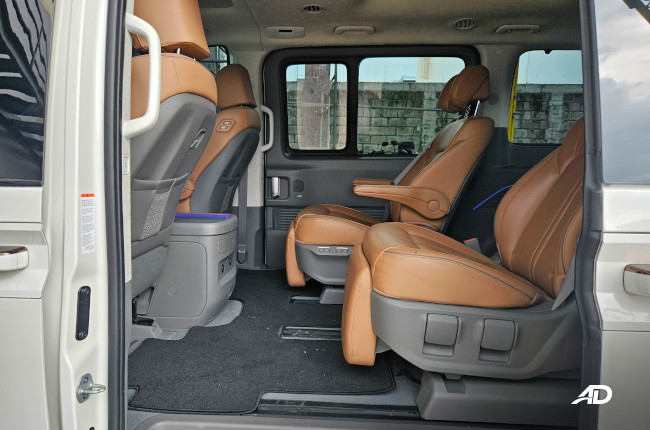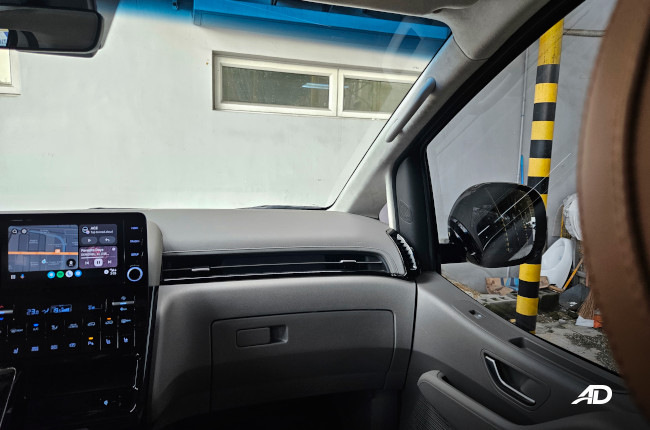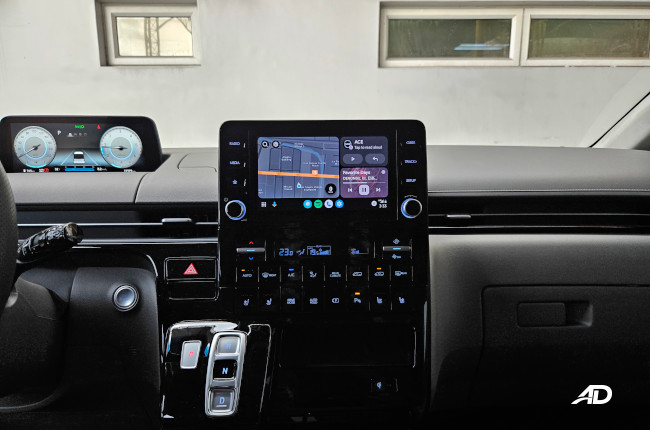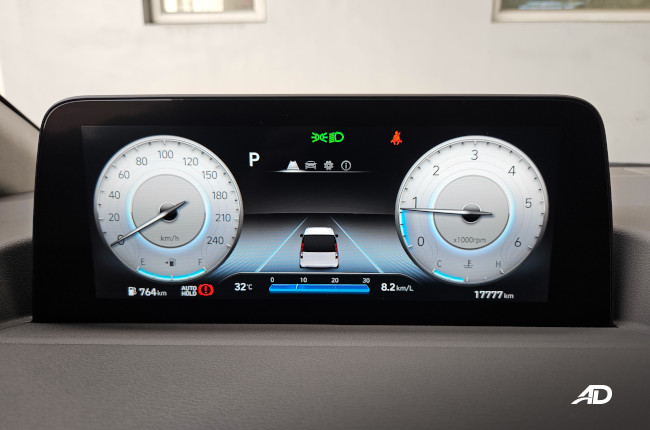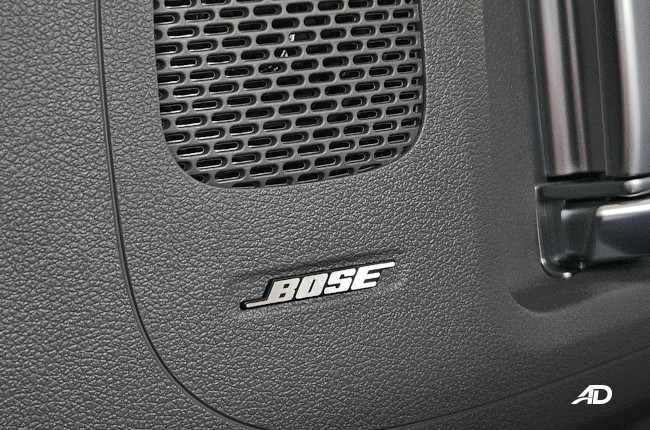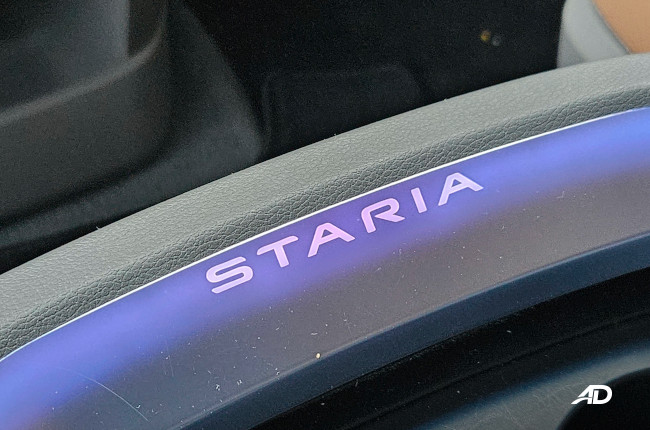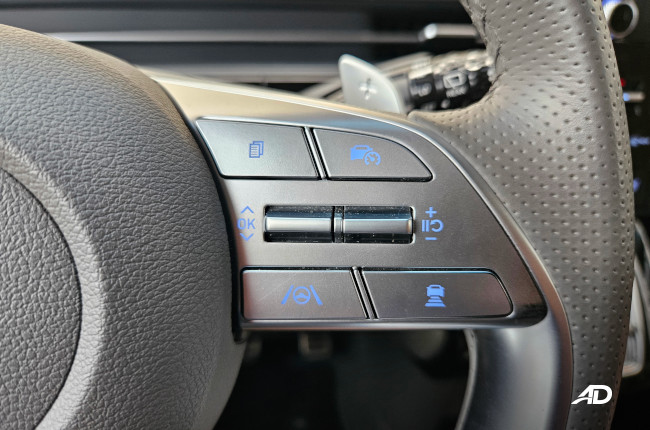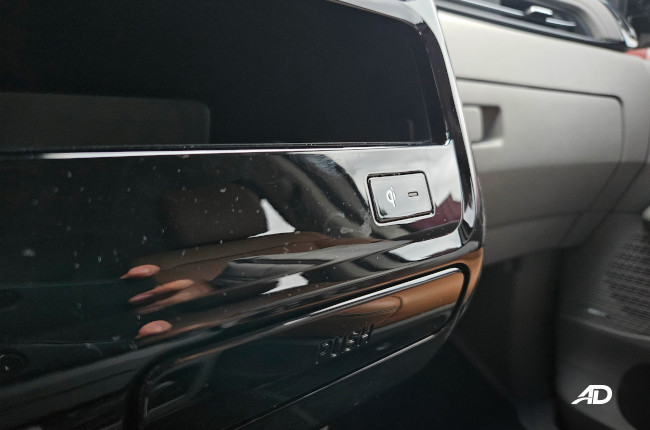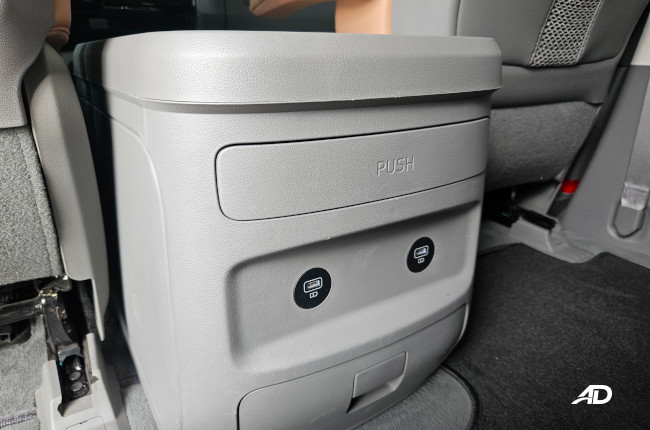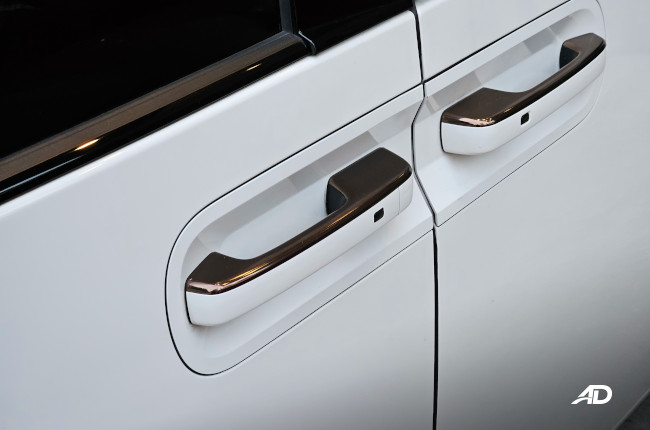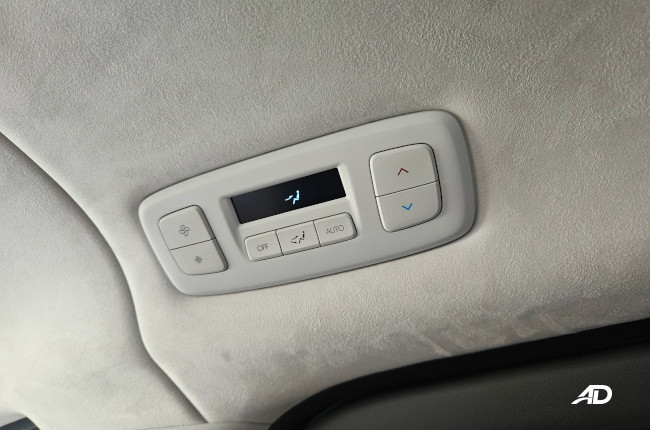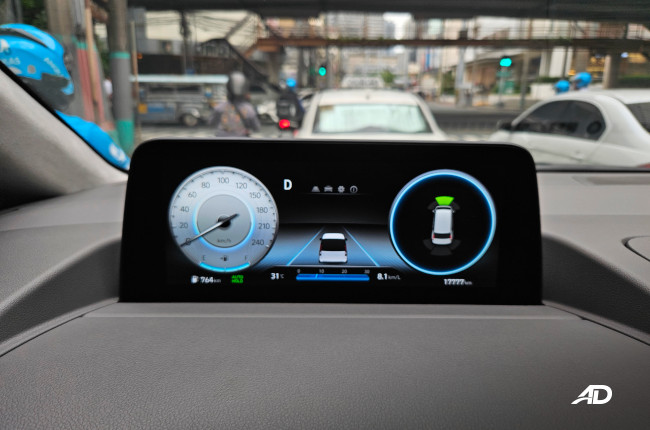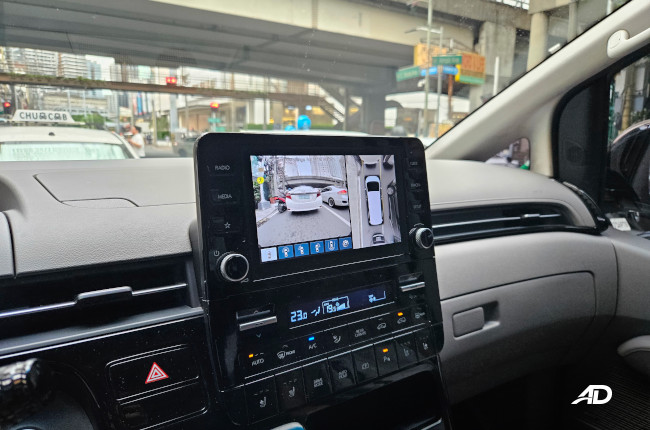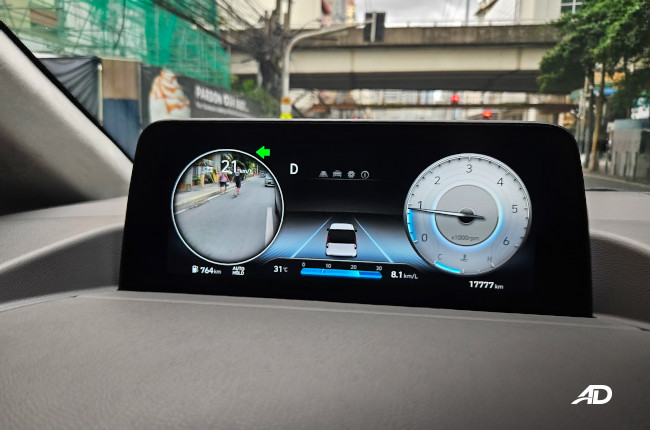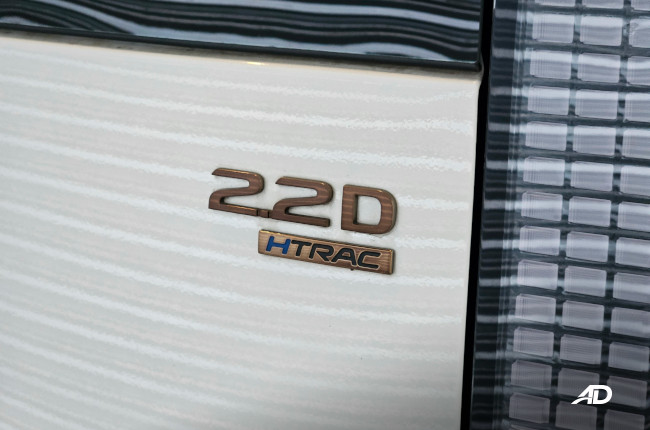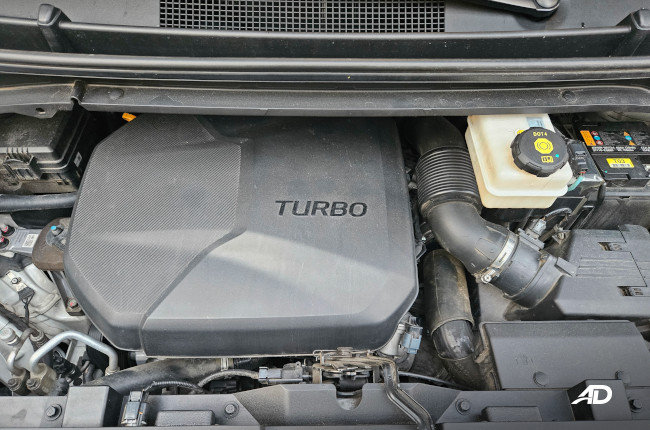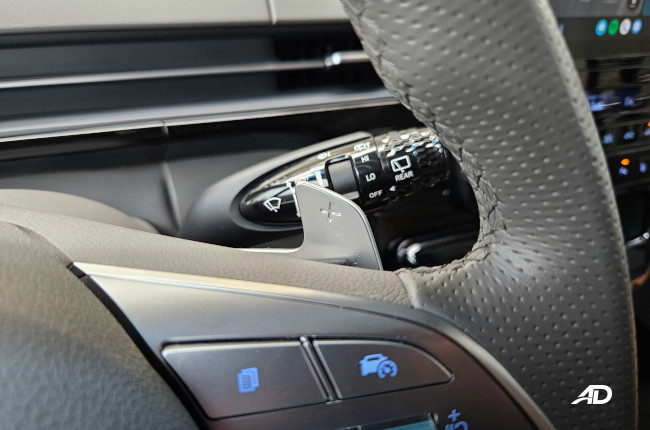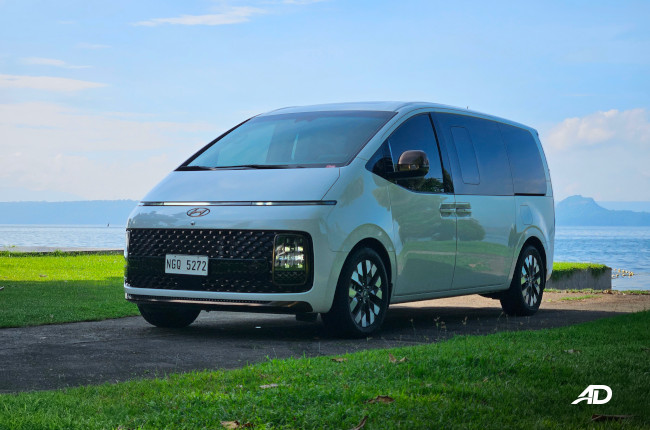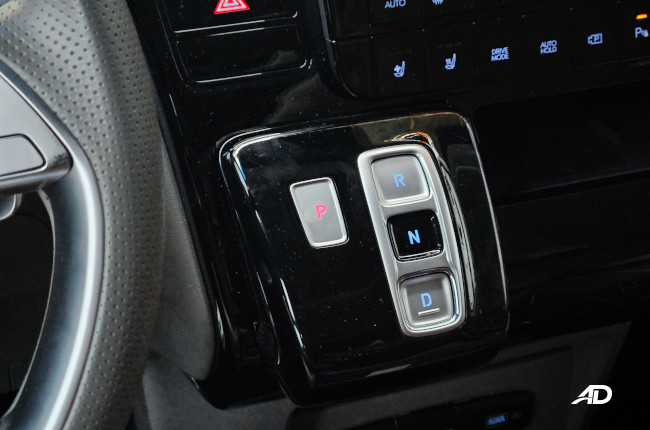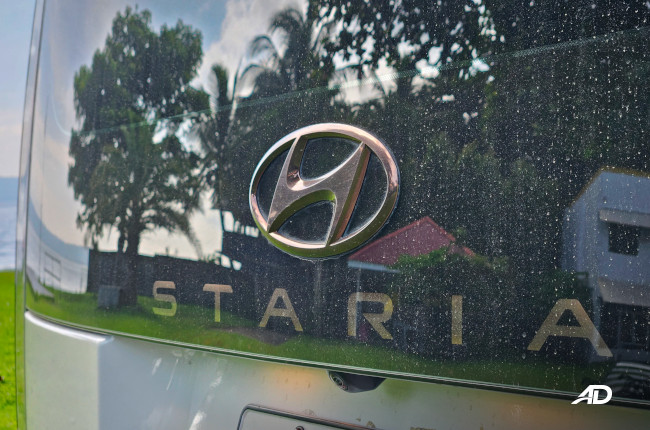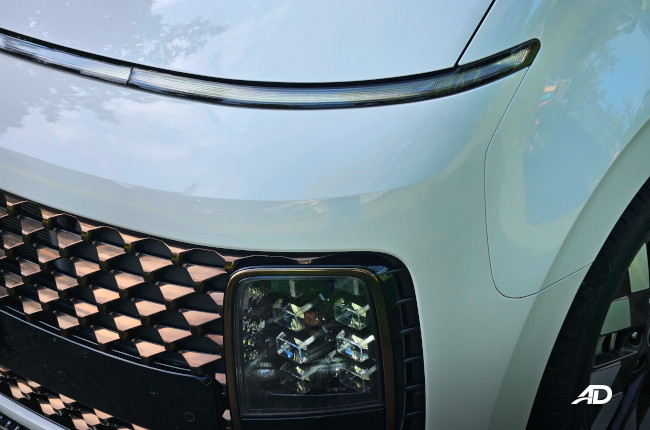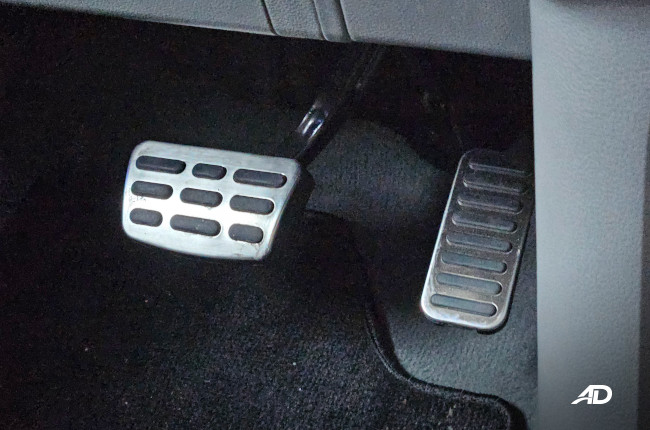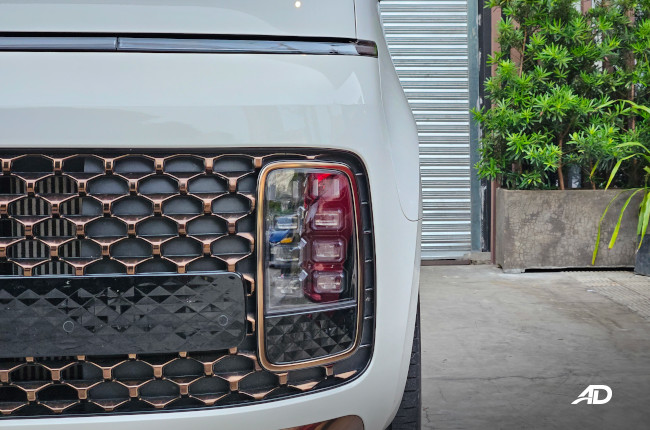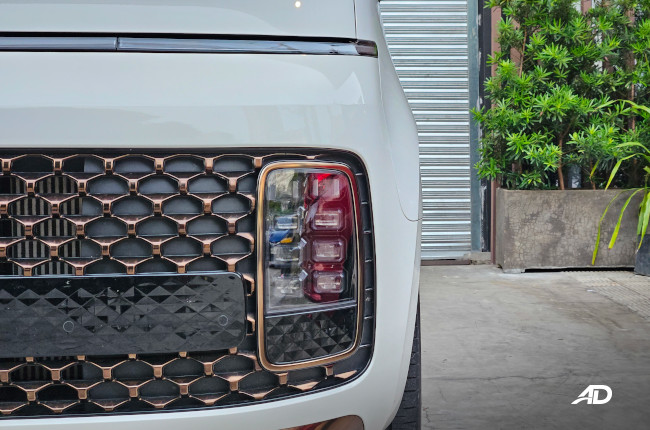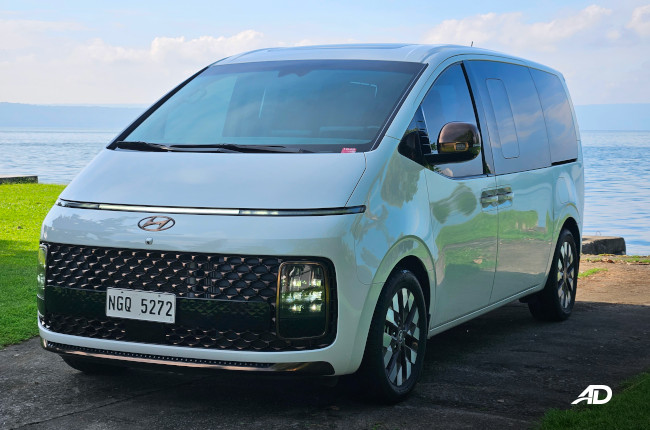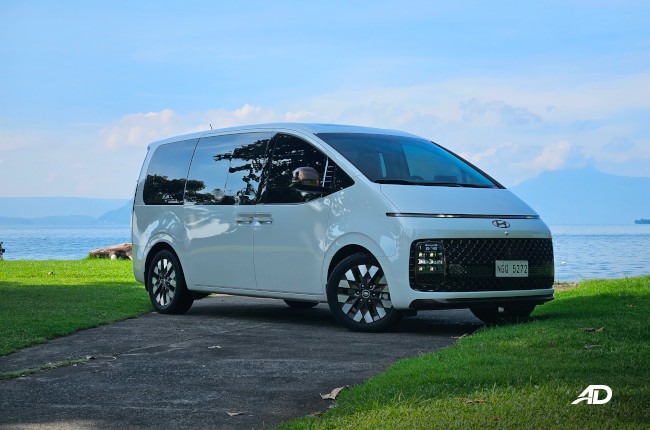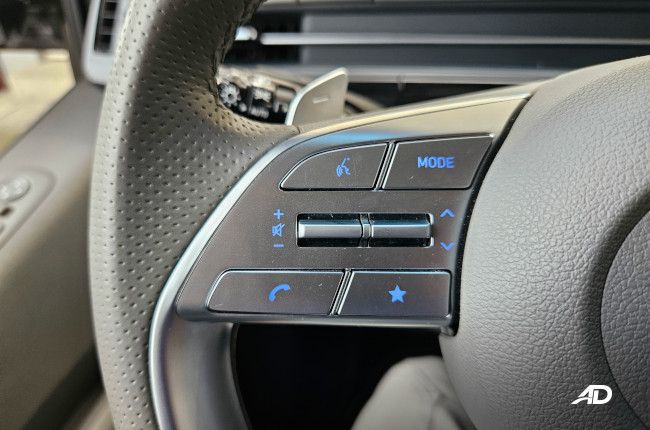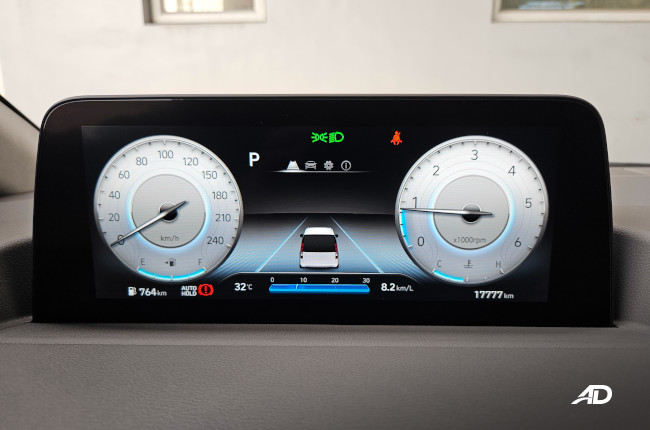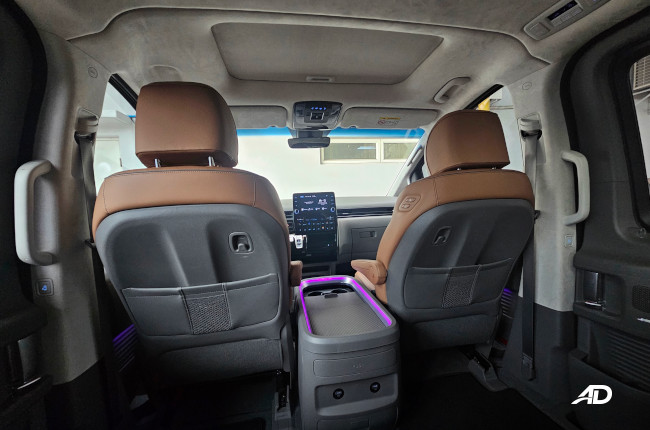
Do you remember the Hyundai Starex? Some of us in the AutoDeal team have fond memories of the model. From its first generation to its third generation, many Filipinos know what “Starex” meant for their families. A practical family hauler? Yes. A premium land barge with first-class seating, somewhat. A cornerstone for the Hyundai brand in the Philippines? Quite, but that’ll now pale in comparison to the new Staria, an absolute game-changer for the Hyundai brand in the country.
The time of the Starex is now over, replaced by the Hyundai Staria. It’s safe to say that the new nameplate in the Hyundai lineup has big shoes to fill. To live up to the reputation of the Starex, we expect something grand from Hyundai now. So, is it? This is the 2023 Hyundai Staria Premium+, and we think that it is a worthy torchbearer for the Starex’s legacy.
Engine Output (HP), Acceleration, Transmission, Handling 4.5/5
Exterior & Interior Design, Quality, Fit and Finish, Ergonomics 4.5/5
Cabin Comfort, Suspension, NVH Insulation 4.5/5
Convenience Technologies, Active and Passive Safety Features 4.5/5
Amount of the vehicle you get for the price, Fuel Efficiency 4.0/5
- Powerful and responsive engine
- Exterior and interior attention to detail
- Captains' Chairs are among the best in the class
- ADAS system is well-sorted
- Exceptional ride comfort
- 12-speaker Bose sound system is superb
- Infotainment system has a few bugs
- Could use a little more cargo room
Exterior
The first thing that we said when we received the unit was “Wow.” Impressive as it is, some people we’ve asked in the office and beyond were a little perplexed about the look of the Staria. Most people love it, and some people are not so fond of it, but it’s a big departure from the traditional styling that we’re seeing from most vans out there, and we love it for that. Hyundai’s futuristic design is truly one of a kind in the segment right now, and we’re sure that this has contributed a lot to the Staria’s appeal as of late. Whether in the Premium+ trim as reviewed, or the GLS+ trim, the unit features a striking front end, dominated by a huge grille, accented by a gorgeous LED strip, and flanked by two very powerful LED matrix lights on either side.
On top of that, we’re also in love with the bronze accents on the grille, the side mirror caps, and also the Hyundai badging itself, and even on the wheels. The attention to detail in this car is something that we were able to appreciate up close and it really lives up to its variant name, Premium+. The rear of the Staria is also memorable with its pixel-like taillamps. The wheels are also a great ‘plus’ to the design because it looks like the sort of kit you’d see on an EV, and that also goes for the rest of the exterior of the Staria. If Hyundai were to rehash this as an electric, we feel that little to no changes will be made to it, it’s just that futuristic.
As far as numbers are concerned, 186mm of ground clearance, 5,253mm long, 1,970 mm wide, 1,990 mm tall, and on a wheelbase of 3,273 mm long and on 18-inch wheels. It’s quite massive, and definitely something that has a lot of road presence. Overall, we appreciate the look, we appreciate the model, and we feel happy every time we see one on the road. It is becoming a very popular model out in the Philippines, so it’s safe to say that Hyundai hit the nail on the head with its design, having struck a chord with many car buyers in the country.
Interior
The exterior’s great, but just wait until you get inside. The Premium+ variant that we tested had a tan interior, and it looks so good. There was almost nothing to complain about when it came to the interior especially from the back of the automobile, except for some concerns with regard to cargo space. As a people hauler, the Premium+ gets seven seats, two in the front, two in the middle, and three in the back. This setup is similar to how a number of midsize crossovers lay out their cabin, but that’s also because you get two captains’ chairs in the middle row. All of the seats in the cabin are well-formed and contoured and hold you really well whether you’re driving or riding. What this van has going for it is the fact that the middle row is one of the most spacious and uncompromised seats we were able to experience in the class. If seating capacity is a concern, the lower-end GLS+ will be a better choice with up to 11 thrones for your passengers. The tradeoff of luxury seating in the Premium+ variant is two extra rows for more people, which is fine. Considering that the best seats in the house come with all the adjustment and support that you need to really feel like you’re traveling in first class is the main draw of the Staria in this trim.
Materials are also great inside the Staria. Leather everywhere, and it’s one of the plushest upholsteries we’ve sat on. Whether it’s the driver seat, the front passenger seat, the rear passenger bench, and especially the captains’ chairs, the materials are top-notch, and every bit as premium as the variant name suggests. The plus is that the electric adjustability of the rear seats is also noteworthy, as they can deploy an ottoman, tilt back, and obviously recline. Finding the right driving position is effortless, but Hyundai has given the captains’ chairs a good amount of attention to detail, in which finding your perfect riding position is as effortless as it is a joy.
For the driver, he also gets a little something special to play with while he drives the car. The screens up front are a nice touch and stand out on the dashboard. The copious amount of storage space was also something that made driving the Staria an enjoyable experience, drivers can also set the mood for their passengers with ambient lights all around the cabin that feature a myriad of colors. Though, the driver may have to get used to a digital shifter. The Staria has buttons that serve as a gear selector. It’s fine once you get used to it, but there is a little learning curve. The trade-off is that the Staria’s dashboard is very clean. Except for the instrument cluster and infotainment screen (which needs to stand out anyway), the Staria’s dashboard is more or less seamless, and it’s definitely one of our favorite designs in a van so far.
However, we will say that our main pain point with this car is the lack of cargo space at the rear. While you can move the rear seats forward and even fold the backrests down, it leaves a little something to be desired. While the main focus of the car is for absolute comfort, a little more cargo space would have been appreciated, though we’re not really complaining after sitting in the captain’s chair and leaving all our worries out the door. Speaking of those doors, automatic as well, and it is truly a VIP experience too with the rear sunshades.
Comfort
Hyundai moved away from the body-on-frame construction method of the Starex and moved towards a unibody frame, and the Staria is all the better for it. Because of that, the classification of this family of models going from the Starex to the Staria changes, now Hyundai’s van is a minivan and not a full-size or traditional box of a van.
The results are all the better for that shift in chassis design. Unibody frames are much better for comfort and for driving dynamics. Ladder frames tend to be heavy and require a compromise to ride comfort, traits that the Staria no longer has. Definitely one of the most comfortable-riding cars we’ve tested so far. A long-time Toyota Super Grandia owner was able to ride in the back of this car, and the moment we set off, he said that it was more comfortable than the Toyota. After hitting a few bumps and potholes, the ride comfort was still holding up better than the full-sized Toyota van, which is a big plus to the Staria’s score in this review.
Once we got on the highway, we were even more shocked to discover the amount of quiet comfort on fast and long stretches of road. Noise, vibration, and harshness were kept to a minimal amount, and wind noise at highway speed was pretty much negligible. Whether you’re going at 60 km/h in the city or 100 km/h on the highway, the Staria will feel like it’s unintended by the elements and truly a first-class riding experience. That is unless you’re next to a truck or a vehicle with a noisy exhaust. The huge windows in the front are awesome, but you will notice some noise creeping from other cars and bikes from time to time.
Technology
Now, while the passengers are relaxing at the back, or even sleeping as they usually do, on the driver’s side of things the technology package in the Staria is also first-class. We feel that drivers won’t complain about the Staria’s drive. There are features that help the automobile track long distances without taking a toll on your right foot in the form of adaptive cruise control, and just in case a stint of inattentiveness hits, you can rely on the collision warning feature and automatic emergency braking of the van. Hyundai’s Advanced Driver Assistance System (ADAS) is dialed in, and we have no complaints. The system worked flawlessly.
Another feature that we ended up using on a daily basis was the 360-degree camera which was immensely helpful to get the vehicle parked and to navigate through the tight roads of the metro. On top of that, the lane keep assist, and the lane following assist did catch us off guard sometimes, but it was never intrusive or too pushy to get us squared back into the lane markers.
As for the info and media experience in the Staria, the driver’s treated to a 10.25-inch TFT LCD for the instrument cluster, and an eight-inch touchscreen for the infotainment system. The combination is great, and the instrument cluster is big, bright, and also filled with a lot of info. Depending on what drive mode you’re in the display will change. You can show others stuff like your tire pressures, your speed, trip, fuel economy, and even your adaptive cruise display.

We did run into some issues with the smartphone pairing stability of the Staria’s eight-inch infotainment system, where it would occasionally drop the Android Auto or Apple CarPlay connection. We tried making the best-case scenario for the system to stop dropping the connection by making Android Auto a priority app, but even then we experienced a few drops. Perhaps Hyundai could roll out an update, as there is a menu item in the infotainment system for this, so do check back with your dealer if you do end up purchasing this car. However, while the infotainment system was up and running, the 12-speaker Bose system was definitely a treat to use, and one of the best we’ve tried in a van. Bass notes thumped, mids sang, and the highs had a lot of pop to them. Whether you’re driving or riding in this car, make it a sound because the system in this car is worth it.
Safety
As far as safety is concerned, you’re also dealing with a very premium package. Five out of five stars with the American NCAP, and you get up to six airbags in the Premium+ along with ABS, EBD, electronic stability control, hill-start assist, tire pressure monitoring, and the ADAS package with adaptive cruise control, forward and reverse parking distance warning, surround view monitor, rear seat alert, blind-spot view monitor, forward collision assist, lane keep assist, and lane following assist.
All of this adds up to a package that will give you peace of mind and also assurance in a crash. It’s also worth noting that all the seats in the Staria have three-point seatbelts all around, so no one is given the short end of the stick inside the vehicle.
Driving and Handling
Powering the Staria is a familiar engine. If you’re familiar with the 2.2-liter diesel mill in the Santa Fe, it’s a slightly different story in the Staria. Power is a bit down compared to the midsize crossover, you get 177 hp and 430 Nm of torque from the 2.2-liter four-cylinder turbo-diesel engine. The powerplant is paired with an eight-speed automatic transmission, and the great thing about it is that you have drive modes and paddle shifters to really tailor your experience with the Staria.
As for the drive itself, the Staria has a lot of torque on tap from the diesel motor, and the transmission is very responsive for a van. The torque comes in early as is the case with most diesel engines anyway, but the transmission does well to translate all that grunt into the drive shafts and into the ground through the wheels. Apart from that, the shifting was seamless and did nothing to interfere with the atmosphere of the cabin, though at higher engine speeds the diesel mill did intrude a little bit on the serenity of the cabin. At low engine speeds, however, it was as if we were in a gasoline car. This thing has a bit of passing power on the highway, which pleasantly surprised us. It’s a rather spritely van and one that we didn’t expect to like driving, but we did anyway.
Apart from that, sport mode, eco mode, normal mode, and smart mode are all available for the driver to choose from. For the majority of our time with this van, we left it in a smart mode that chooses the right mode for you. It can sense when you’re heavier on the throttle and adjusts from there. It can detect when you’re letting off and just cruising, so it’s really a set-it-and-forget-it function in the car.

As for around-town handling, the surround-view camera can in handy many times because of how big the car was, but the steering is well-weighted and it was still relatively light. The turning radius of the car is also adequate, and we were able to squeeze it into some tight parking lots and city streets with little to no problem. In more spirited driving circumstances, with a lot of curves up ahead, it’s decent compared to the other cars that we’ve tested, but unexpectedly dynamic for a van. Now, you would never drive a van spiritedly, but if the situation calls for it, the Staria should handle an emergency swerve or two, and electronic stability control is there just in case something does happen.

Lastly, one driving feature we super appreciate is the all-wheel-drive system. Most vans come as two-wheel-drive, but as an all-wheel-drive model, the Staria’s usability can also enter into light trails and grassy areas with added assurance. You can even lock the all-wheel-drive function, but it’s set to two-wheel-drive by default.
Fuel consumption

After all the driving, we tabulated our city, highway, and combined fuel economy numbers. In the city, we got around 8 to 9 km/L. On the highway, with about two to three people inside the van at any time, we got about 13 to 14 km/L. During our stints, early in the morning, we didn’t hit a lot of traffic. On the way back from our drives, when we hit the peak hours of EDSA, we ended up with about seven kilometers per liter.
Overall, it’s relatively good fuel economy for a van, par for the course, but much better than let’s say that Toyota Alphard with its V6 gasoline engine.
Verdict and Price

Priced at P2,930,000 at the time of this article’s writing and as tested, the Hyundai Staria in its Premium+ AWD trim has us quite amazed. While it’s not super affordable, it’s well priced in its segment, offering a better ride and drive than traditional vans, but offering the same level of features and a diesel motor over competing nameplates from other brands.
As a successor to the Starex, it blow the old model out of the water, and we’re thankful that Hyundai did take the steps to improve the model severalfold. As the Starex’s successor, it’s more than worthy, and one model that we feel will be the talk of the town for people looking for a van that has all the bells and whistles offers immense comfort, but not for a bank-breaking price tag compared to other class rivals.
The only downside for this type of vehicle would be the rear cargo space, which is echoed with the rest of the segment anyway. If you’re willing to put up with some cargo-carrying compromise like putting your bags on the floor of the vehicle or folding the rear seats to gain a little more cargo “floor” then this is definitely a highly-recommended vehicle to consider to tackle the hustle and bustle of the city in near-absolute comfort.
Exterior Photo Gallery
Interior Photo Gallery
Specifications
Engine
2.2 LFuel Type
DieselPerformance
175 hp @ 3,800 rpmTransmission
Automatic-
Summary
-
Name Hyundai Staria 2.2 CRDi Premium+ 8AT AWD 7-Seater Body Type Minivan Price ₱3,030,000 Transmission Category Automatic -
Engine
-
Engine Size 2.2 L Displacement 2,199 cc Number of Cylinders 4 Number of Valves 16 Transmission Type 8-Speed Automatic -
Performance
-
Drivetrain All-Wheel Drive Max Output (hp) 175 hp @ 3,800 rpm Max Torque (nm) 430 Nm @ 1,500 rpm -
Economy & Environment
-
Fuel Type Diesel Emissions Standard Euro 4 Fuel Capacity 75.0 L *Combined Fuel Consumption 12.5 km/L *brand manufacturer claim
-
Dimensions
-
Length 5,253 mm Width 1,970 mm Height 1,990 mm Wheelbase 3,273 mm Turning Circle 12 m Ground Clearance 186 mm Trunk Capacity 431 L Number of Doors 5 Number of Seats 7 -
Safety & Security
-
Driver's Airbag 1 Front Passenger's Airbag 1 Side Airbag 2 Curtain Airbag 2 Knee Airbag Auto Brake System Electronic Brake Distribution Anti-lock Brake System (ABS) With Multi-Collision Brake
Immobilizer Security Alarm Stability Control Electronic Door Locks Speed Sensing Door Locks ISOFIX Lane Departure Warning System Blind-Spot Detection System -
Features
-
Cruise Control Front Parking Sensors Rear Parking Sensors Leather Upholstery Push Start Button Wheel Size 18 in Wheels Metal Type Alloy Airconditioning System Auto Temperature control Entertainment System 8-inch Touchscreen display with Radio Connectivity Apple Carplay, Android Auto, Bluetooth with Voice Recognition and USB Navigation Ready Warranty 5 Years (200,000 km) Keyless Entry Roof Rack Sunroof Electric Adjustable Seats Power Steering Power Windows Power Outlet Steering Wheel Audio Control -
Technology
-
Active Park Assist Hill Start Assist AWD Modes n/a Tire Pressure Monitoring Heads-up Display Power Liftgate Start-stop System
Colors
Latest Review
-
Addictively excessive: The Ford Ranger Raptor Twin Turbo V6 / Review
The Ford Ranger Raptor Twin Turbo V6 is one crazy pickup truck. Wondering why? Just keep reading.
4.6 / 5 -
The Kia Carnival gives you more: More seats, more comfort, and more practicality / Review
The Kia Carnival is a three-row MPV designed for executives and families. It combines comfort, technology, and practicality, making it a strong choice for those looking for a premium people...
4.2 / 5 -
The Jetour Ice Cream: A pint-sized EV that’s hard to ignore / Review
The Jetour Ice Cream is an adorable, pint-sized electric car that’s made for the city. Affordable and stylish, it’s easy to love, but does it tick all the boxes for you?
3.7 / 5
Popular Articles
-
Cheapest cars under P700,000 in the Philippines
Jerome Tresvalles · Sep 02, 2024
-
First car or next car, the Ford EcoSport is a tough package to beat
Jun 18, 2021
-
Car Maintenance checklist and guide – here’s everything you need to know
Earl Lee · Jan 12, 2021
-
Most fuel efficient family cars in the Philippines
Bryan Aaron Rivera · Nov 27, 2020
-
2021 Geely Okavango — Everything you need to know
Joey Deriquito · Nov 19, 2020
-
Family cars in the Philippines with the biggest trunks
Sep 20, 2023
-
Head to head: Toyota Rush vs. Suzuki XL7
Joey Deriquito · Oct 28, 2020
-
Why oil changes are important for your car
Earl Lee · Nov 10, 2020
-
2021 Kia Stonic — What you need to know about it
Joey Deriquito · Oct 16, 2020
-
Top 7 tips for buying a used car in the Philippines
Joey Deriquito · Nov 26, 2020


